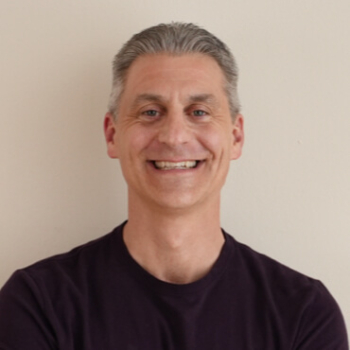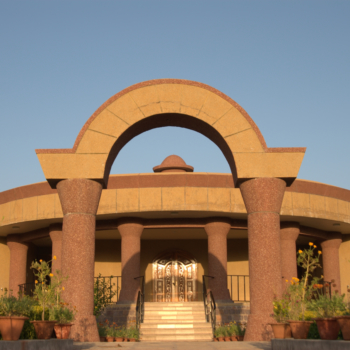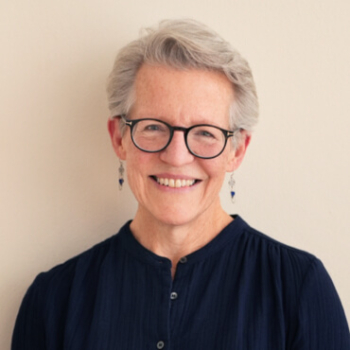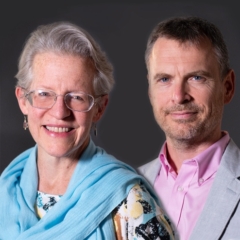“Psychologists have shown that there is a correspondence between personality types and breathing patterns. Yoga science also recognizes such a correspondence, but according to yoga, the relationship between the breath and mind is reciprocal. If a certain state of mind results in a certain mode of breathing, then conversely, by consciously adopting that mode of breathing we can evoke the corresponding state of mind. If there is a correspondence between personality type and pattern of breathing, then the yogi states categorically that by changing the pattern of breathing we can transform the personality, for when the mind is disturbed, breath is disturbed and becomes shallow, rapid, and uneven. By consciously making the breath deep, even, and regular, we will experience a noticeable release of tension and an increased sense of relaxation and tranquility.“—Excerpt from Science of Breath by Swami Rama, Rudolph Ballentine, MD, and Alan Hymes, MD
Without breath there is no life—without breath, there is no yoga. By learning how to work consciously with the breath, we gain awareness of the relationship between our breath and our state of mind. With practice, we can decouple the breath from our emotions, so that we free ourselves from the grip of habitual suffering and live more fulfilled lives.
Our breath is our surest guide along our yogic path of positive action. It brings us into the present moment, and acts as a compassionate and patient tool for healing past injuries and creating good habits.
Join us for a weekend dedicated to the practices that facilitate healing at the deepest levels—physically, mentally, and emotionally—and teach us to build, channel, and direct energy. Our study will take a comprehensive look at the breath: how we breathe, the locations where breath can occur in the body, and how we can manipulate our breathing mechanism to create noticeable, immediate changes. Learn how to relax and appreciate the power in calming the nervous system—and gain mastery over the breath, arguably the most important voluntary process our body performs.
In this program, you will:
- Understand the dynamics of breathing from an anatomical, physiological, and energetic perspective
- Practice techniques precisely designed to establish diaphragmatic breathing and a relaxed awareness around the abdominal area
- Explore specifically directed postures, techniques, and skills for effectively strengthening a chronically weak and often underperforming respiratory diaphragm
- Fine-tune essential components to setting in motion a practice that is sustainable for years to come
It was such a pleasure and an incredible experience this past weekend. It really was a great gift to myself to come and learn from you. I sincerely enjoyed the workshop and appreciate your passion, enthusiasm, and knowledge of the information you taught us. You truly embody the teachings and what it is to be a genuine yogi! You’re an incredible teacher and a wonderful, loving, compassionate, and gracious human being. I’m so grateful for your energy and way of being.
I attended a pranayama weekend workshop offered by Luke. His deep knowledge of pranayama and yoga was an invaluable resource for students. Luke’s patient teaching and demonstrating made the subtleties of pranayama easy to grasp. I learned a great deal over the weekend and left with an appetite for more.
I recently participated in one of Luke’s pranayama intensive workshops. I learned so much—deepening my physical practice as well as expanding my perspective on how breath is interconnected with all other facets of a yogic life. The beautiful thing about Luke is he embodies what he teaches. Clearly, he has incredible expertise in pranayama—and more importantly, he is able to nurture a safe, inclusive space—infusing it with a warm energy and gentle guidance. Everyone feels welcome and can adapt the practice to their own needs and experience level.





